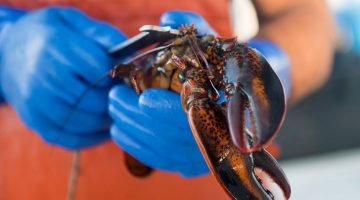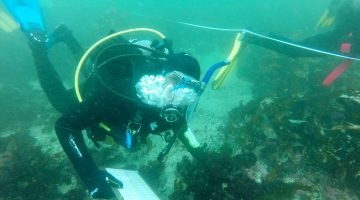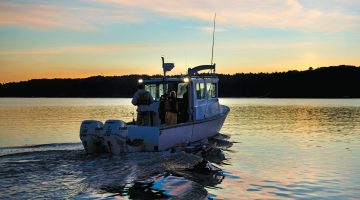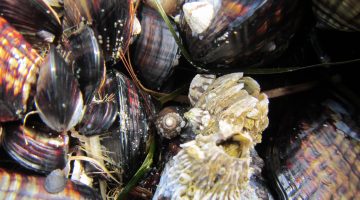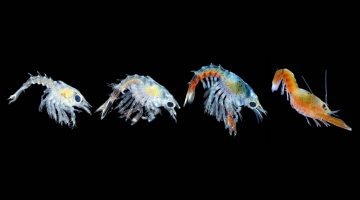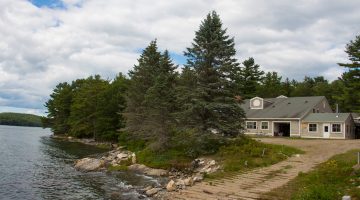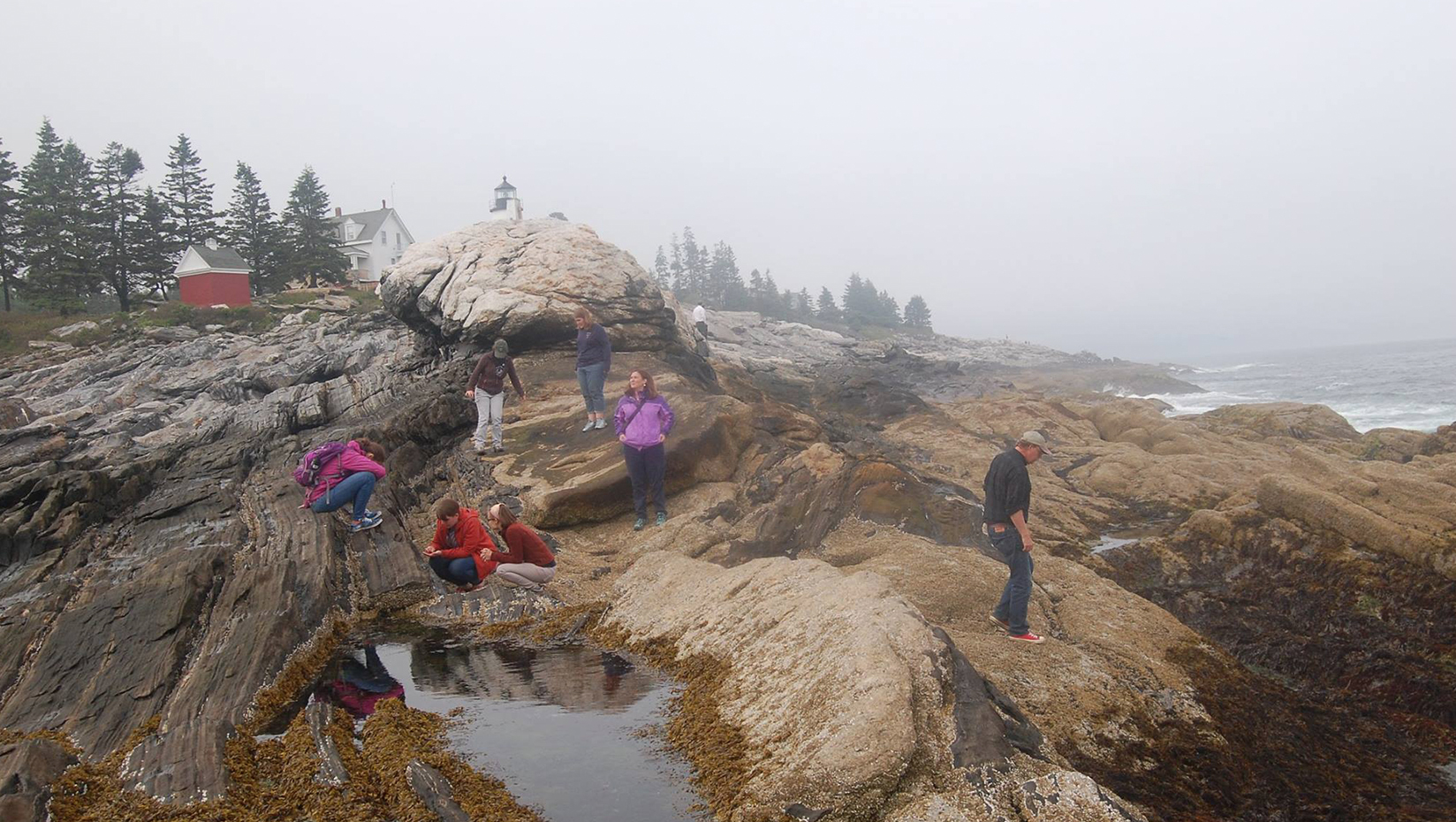DMC researchers test technique to determine lobster’s age
Research professor Rick Wahle and graduate student Carl Huntsberger are testing a technique at the University of Maine Darling Marine Center to determine the age of lobsters. Unlike fish, mollusks and trees, Wahle says lobsters and other crustaceans molt — or cast off their skeletons thereby discarding external signs of growth. That means a lobster’s […]
Read more
